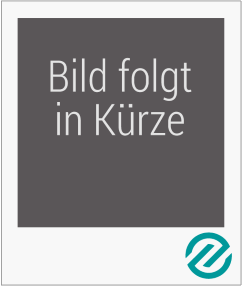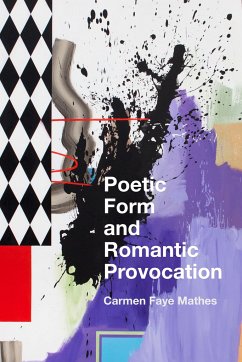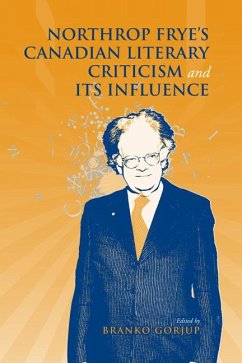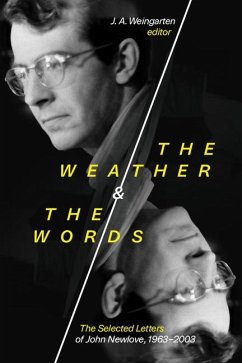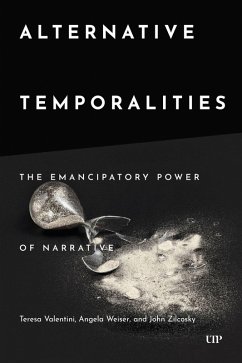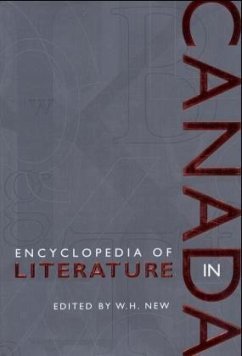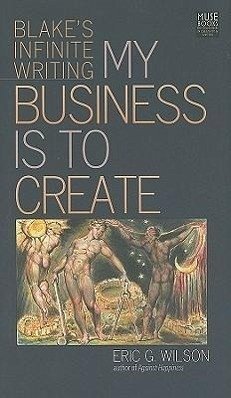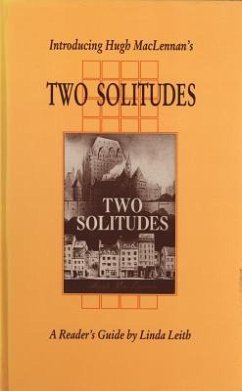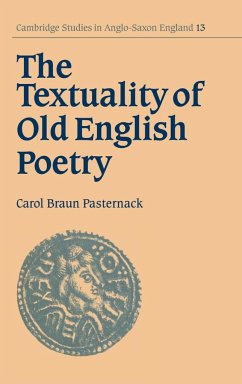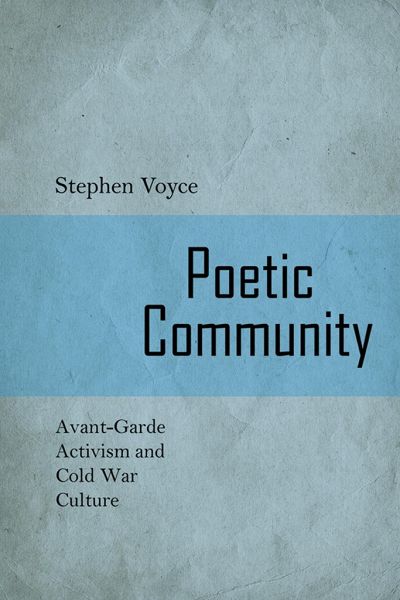
Poetic Community
Avant-Garde Activism and Cold War Culture

PAYBACK Punkte
39 °P sammeln!
Poetic Community examines the relationship between poetry and community formation in the decades after the Second World War. In four detailed case studies (of Black Mountain College in North Carolina, the Caribbean Artists Movement in London, the Women’s Liberation Movement at sites throughout the US, and the Toronto Research Group in Canada) the book documents and compares a diverse group of social models, small press networks, and cultural coalitions informing literary practice during the Cold War era. Drawing on a wealth of unpublished archival materials, Stephen Voyce offers new and insi...
Poetic Community examines the relationship between poetry and community formation in the decades after the Second World War. In four detailed case studies (of Black Mountain College in North Carolina, the Caribbean Artists Movement in London, the Women’s Liberation Movement at sites throughout the US, and the Toronto Research Group in Canada) the book documents and compares a diverse group of social models, small press networks, and cultural coalitions informing literary practice during the Cold War era. Drawing on a wealth of unpublished archival materials, Stephen Voyce offers new and insightful comparative analysis of poets such as John Cage, Charles Olson, Adrienne Rich, Kamau Brathwaite, and bpNichol. In contrast with prevailing critical tendencies that read mid-century poetry in terms of expressive modes of individualism, Poetic Community demonstrates that the most important literary innovations of the post-war period were the results of intensive collaboration and social action opposing the Cold War’s ideological enclosures.




